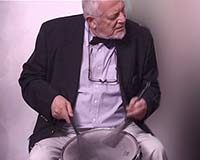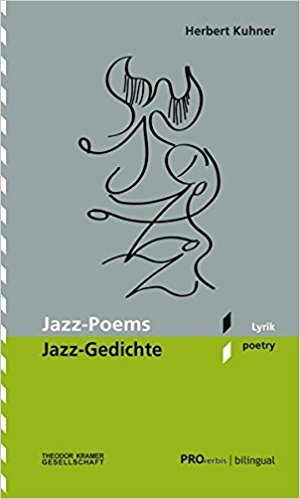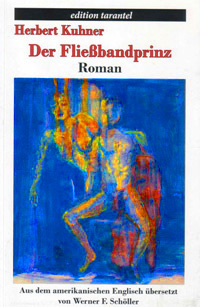-Harry`s Film Impressions (4)
A Princess
There was a beautiful princess who went to Hollywood and became the most elegant and attractive actress in the history of cinema. She acted well in every film she was in and each one was a box office success. You could say that she had a dream career.
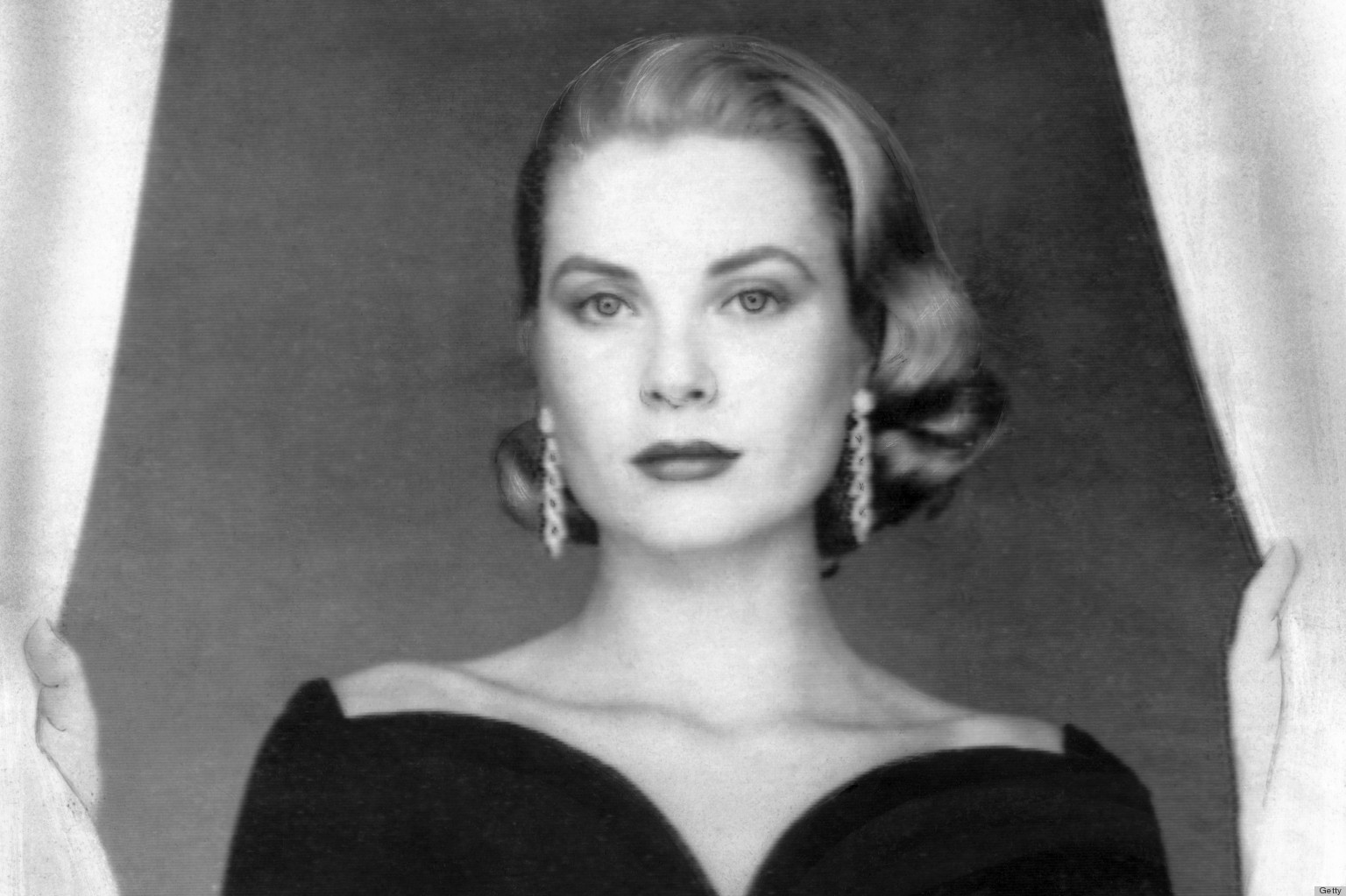
Photo by SSPL/Getty Images
In her mid-twenties, the princess decided that it was time to wed. She found an eligible prince, who however was not a prince in the same sense that she was a princess. They tied the knot, making her a genuine princess. That was the end of her film career and the beginning of matron-hood. It was as if a fairy godmother had waved her wand over the princess, but the wand was a wand in reverse. It did not provide magic, but rather removed it.
She was more of a princess before she became a princess. The sparkle in the eyes disappeared and her beauty rapidly faded. She played her new rule well, but it was the least exciting of all her roles. It was a role that she would play until her death.
The moral of this story is that being a tinsel-town princess beats being a real princess.
Cinema Beauties of the Fifties
In the staid Fifties you had Marilyn Monroe, who was naughty, albeit naughty but nice. Then you had the clones who were also blonde and just plain vulgar. They never caught on.

June Allyson
On the other end of the spectrum were the wholesome, nice-girl-cum-wifey types. They were personified by such stellar paradigms as Debbie Reynolds, June Allyson, and Jane Powell.
You also had Shirley MacLaine the buddy-type who you went to ballgames with. At the time, she played doxies and virgins so that they were indiscernible. (Years later she successfully assayed character roles.)
Then you had that freckle-faced girl next door with the mellow voice, Doris Day. Unfortunately, she gave up musicals to become a straight-laced, ramrod-postured middle-aged virgin in very unfunny comedies. Her cinema virginity was the Hollywood joke of the time. Oscar Levant quipped, “I knew her before she was a virgin.”
So in those days, sex was out – save the unsavory nude-calendar kind. That depiction merely served as inspiration for daydreaming or more active matters of fantasy. The marriage bed was a frilly repose where the act sometimes took place away from public conjuncture, and did indeed often have an antiseptic aura to it.
On the other hand, today’s preoccupation with distasteful provocation can only result in a cold shower.
Ah, those good old days!
Ideal Husbands and Film Nepotism
Let me start by saying that I am a fan of Orson Welles and Welles’ situations always come up in my work.
Welles could never again match the discipline that is apparent in his famous Citizen Film.
In Touch of Evil, Marlene Dietrich tells Orson’s corrupt cop, “You’re a mess, baby.” That comment became a famous quote and dogged Orson for the rest of his life.
In Mr. Arkadin Welles made a mess. Welles assessed the film as “a flawed masterpiece…a disaster,” actually a contradiction in terms.
Mercury-Player Joseph Cotten, installed his wife Patricia Medina in Arkadin. Mrs. Cotten was a B-film actress who bestowed a B-film aura to any film she appeared in.
(Charles Bronson carried on the tradition by stipulating that Jill Ireland’s name be inserted in every film contract. Mrs. Bronson was a desirable, sloe-eyed beauty, but her acting left a lot to be desired. Cotten and Bronson may have been ideal husbands, but they were guilty of film nepotism in the first degree.)
Encounter with Hitch
Carol and I were in both Quebec in 1952 while Alfred Hitchcock was shooting I Confess with Montgomery Clift and Ann Baxter. Although Carol and I were there at the same time, we had not yet met. Later she would tell me about her encounter with Hitchcock.
Quebec is the most European city on the American continent and perhaps even in Europe.
As I film buff, I saw all of Hitchcock’s films, although I must say I was never really a fan.
I found the plots a bit on the banal side, although I had to admit certain sequences were well-filmed.
Hitch cock had trouble with Clift since he often insisted on having certain scenes explained instead of just doing what the director directed.
This irritated Hitchcock and inspired him to declare: “All actors are cattle.”
One night when we were together, Carole said that she had dinner Le Panache, she saw Hitchcock sitting at another table with what was obviously a film team. She could not help staring. Suddenly he placed his napkin on the table, got up and approached her and said: “Young lady, if you were as ugly as I am, people would stare at you.”
Guess the great director was not the nicest of men.
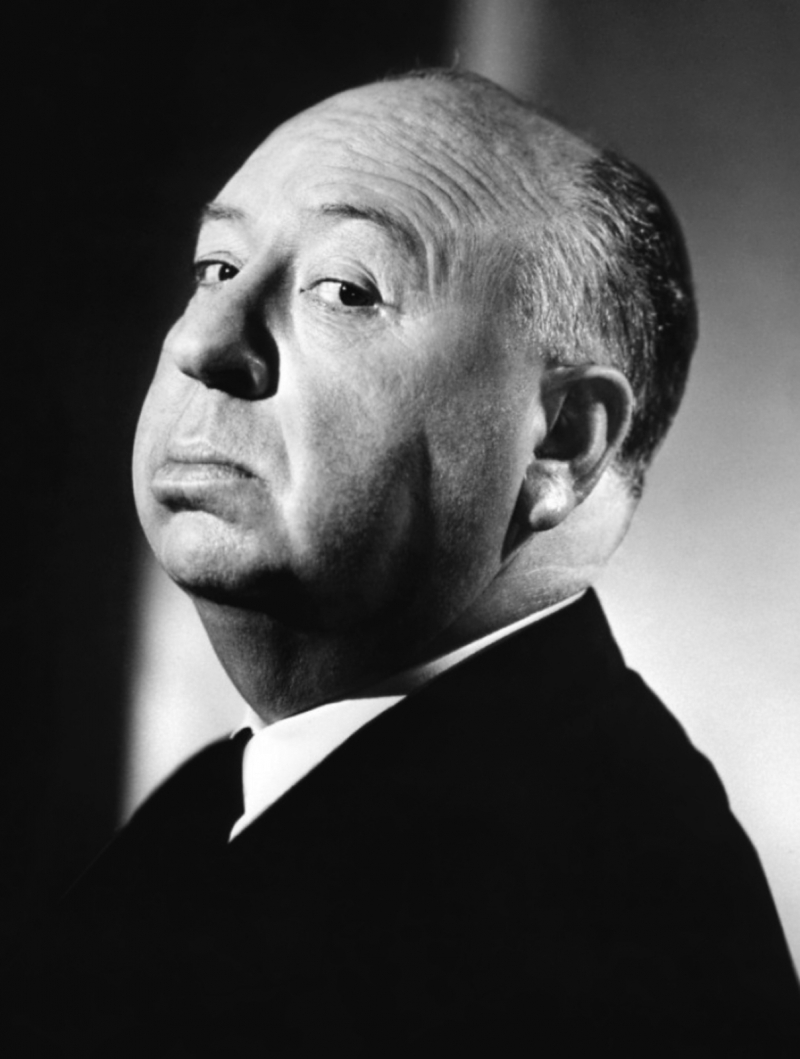
Alfred Hitchcock
to be continued . . .
– Herbert Kuhner










 Users Today : 120
Users Today : 120 Users Yesterday : 107
Users Yesterday : 107 This Month : 516
This Month : 516 This Year : 7893
This Year : 7893 Total Users : 229029
Total Users : 229029 Views Today : 335
Views Today : 335 Total views : 1964848
Total views : 1964848 Who's Online : 2
Who's Online : 2
